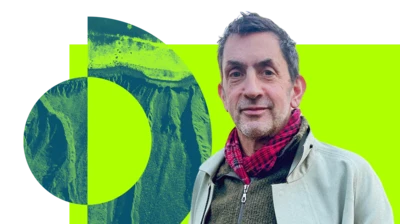We've updated our Privacy and Cookies Policy
We've made some important changes to our Privacy and Cookies Policy and we want you to know what this means for you and your data.
Irish tourism 'compromised' by refugee hotel numbers
Image source, Getty Images
- Author, John Campbell
- Role, ΒιΆΉΤΌΕΔ NI Economics and Business Editor
Tourism leaders in Ireland have called for "a more balanced approach" to housing refugees.
They were giving evidence to an Irish parliamentary committee which heard that 32% of tourist beds outside Dublin are now being used for humanitarian accommodation.
In County Donegal the figure was 50%, said Eoghan O'Mara Walsh, chief executive at the Irish Tourism Industry Confederation.
He said the industry had been prepared to play its part, but the supply of tourist accommodation was now "seriously compromised".
That was echoed by Paul Kelly, chief executive of FΓ‘ilte Ireland, who said the sector "desperately" needs hotel rooms to be returned to tourism as quickly as possible.
Official statistics suggest about 75,000 people have come to Ireland to escape the war in Ukraine, with non-Ukrainian asylum seekers also increasing.
Reputational risk
Mr Kelly said the biggest industry concern was about the impact on non-accommodation businesses like visitor attractions and activity providers.
He said the knock-on effect of reduced tourist beds could see those businesses experiencing a β¬1bn (Β£878m) drop in revenues this year.
He told the Joint Oireachtas Committee on Tourism, Culture, Arts, Sport and Media that inbound travel agents have said many visitors who want to come to Ireland are now booking other countries because they cannot find accommodation.
He added that the lack of supply "creates conditions that facilitate pricing practices that put Ireland's long-term reputation at risk".
He said he "conveyed a message" to providers in December asking them to consider the long-term value for money reputation of the country when setting prices.
Mr O'Mara Walsh said that in February the average daily hotel room price in Dublin was β¬150 (Β£131) with average prices outside Dublin at β¬143.
He said that was 26% higher than the same month in 2019, but that reflected cost increases in energy, labour and insurance.
Top Stories
More to explore
Most read
Content is not available








